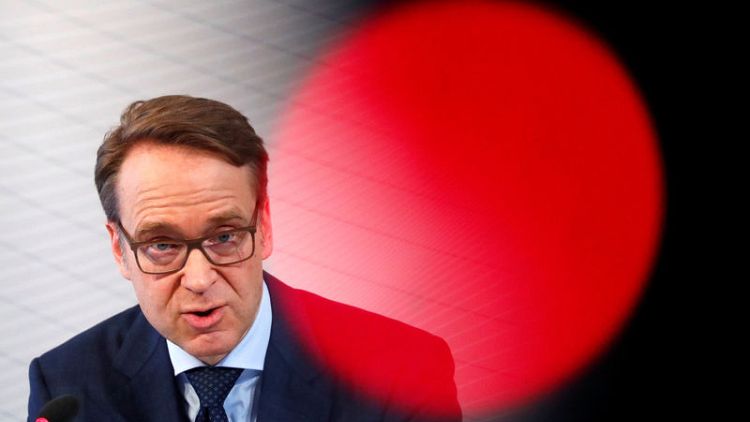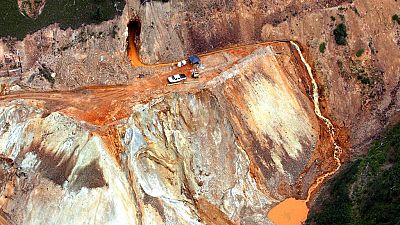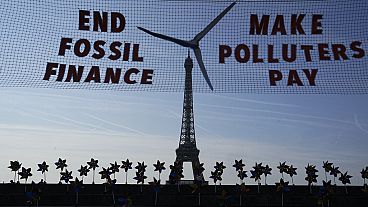FRANKFURT (Reuters) - The European Central Bank should not be given an explicit role in fighting climate change as this could overburden policy, threaten its independence and risk its neutrality, Bundesbank President Jens Weidmann said on Tuesday.
With a growing number of policymakers discussing financial risk from extreme weather events, incoming ECB President Christine Lagarde recently argued that it should be a priority for central banks and supervisors to look at how they can contribute to mitigating climate change.
Weidmann argued that while climate change risk is not sufficiently priced into assets and most banks still fail to take such risks into consideration, it would be wrong to use bank regulation or monetary policy to achieve political goals.
"A monetary policy that explicitly pursues environmental goals risks being overburdened," he told a conference. "And in the long term, its independence could be called into question."
He said that buying a disproportionate share of green bonds, as suggested by some ECB watchers, would violate the principle of market neutrality.
Weidmann also argued against using bank regulation, such as risk weights on haircuts on financial assets, to achieve climate change goals as regulation should be aligned with actual risk.
"Incentives for climate protection, on the other hand, are a matter for politics," he added.
Weidmann acknowledged that two thirds of banks do not take climate change into account in risks management and the cost of climate change is not fully priced in by markets.
He also said violent weather events can lead to more volatile growth and inflation rates, making it even more difficult to set monetary policy.
(Reporting by Balazs Koranyil Editing by Catherine Evans)



